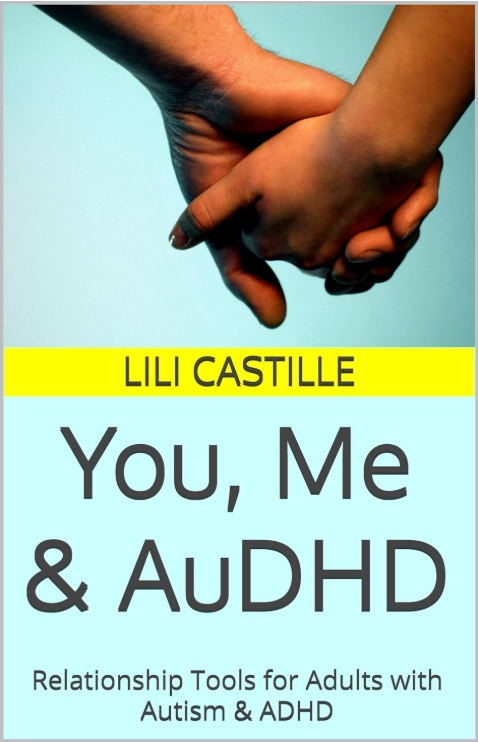 Logical Thinking: An AI’s Guide to 100 Methods for Cutting Through Human Confusion and Bias by Quinn Voss
Logical Thinking: An AI’s Guide to 100 Methods for Cutting Through Human Confusion and Bias by Quinn VossMy rating: 5 of 5 stars
In today’s changing world, education, skills, and knowledge play a role in career success, more crucial is the critical trait of logical thinking that helps one achieve great heights in life. It is not the one that knows everything that succeeds but the one that can solve problems and make connections is more likely to reach goals. Unfortunately, modern day curricula effectively deliver knowledge but do not equip young students with life skills such as communication, logical thinking, critical analysis, among others to enable them to succeed in the real world.
The only way to develop these vital skills seems to be through self-study in the form of reading, experiential education via team building activities, and outdoor learning. I recently came across Logical Thinking – An AI’s Guide to 100 methods for cutting through human confusion and bias, an AI-generated compilation of different ideas, tips, and tricks aimed at making the reader a logical thinker and work through the chaotic modern workplace. Even though this book is completely written by AI, human editors have gone through and edited the same to ensure accuracy and presentation.
Divided into four parts, subdivided into sections and then into chapters followed by a short conclusion, appendices, and a note on other AI books available on similar topics. Each part specifically addresses one of the macro topics related to logical thinking such as Foundations; Advanced logical tools; Practical applications; and Mastery. Subdivided sections relate to building blocks of logic which have ten chapters of information about various concepts that make understanding logical thinking easy. For instance I really liked the chapter titled The Principle of Charity which deals with how to seek truth and improve the quality of discourse. This principle challenges the reader to think critically and not fall into traps of prejudging before understanding the other person’s arguments.
One feature of the book I really liked is the layout and design. The book is peppered with several interesting and humorous cartoons, bullet points, numerical lists, etc. to break the monotony of text and provide relief to the reader. This makes reading this book easy and interesting and of course imbibing the content much easier and faster.
View all my reviews





